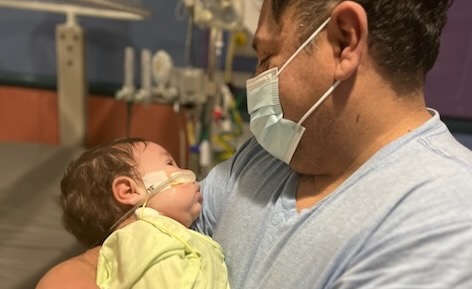Congregate Living Health Facilities are a housing option for ventilator-dependent adults that balance independence with the need for medical care.
The problem is, there are not enough of these homes to care for all the ventilator-dependent adults who would benefit from them. And those homes that do exist mostly don’t accept Medi-Cal patients.










